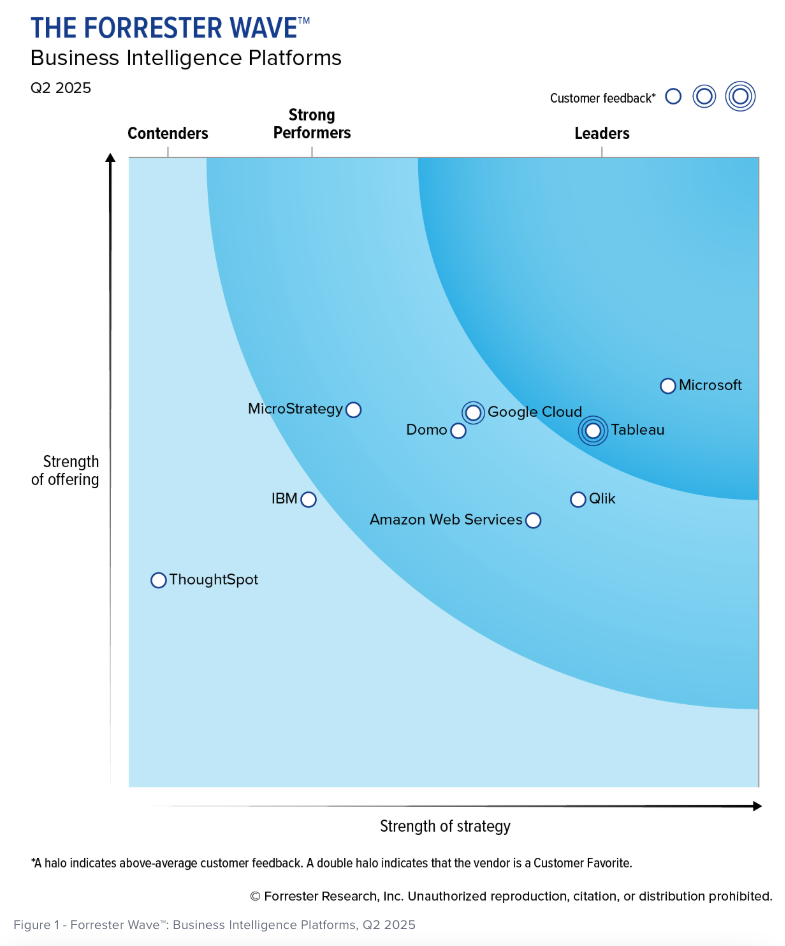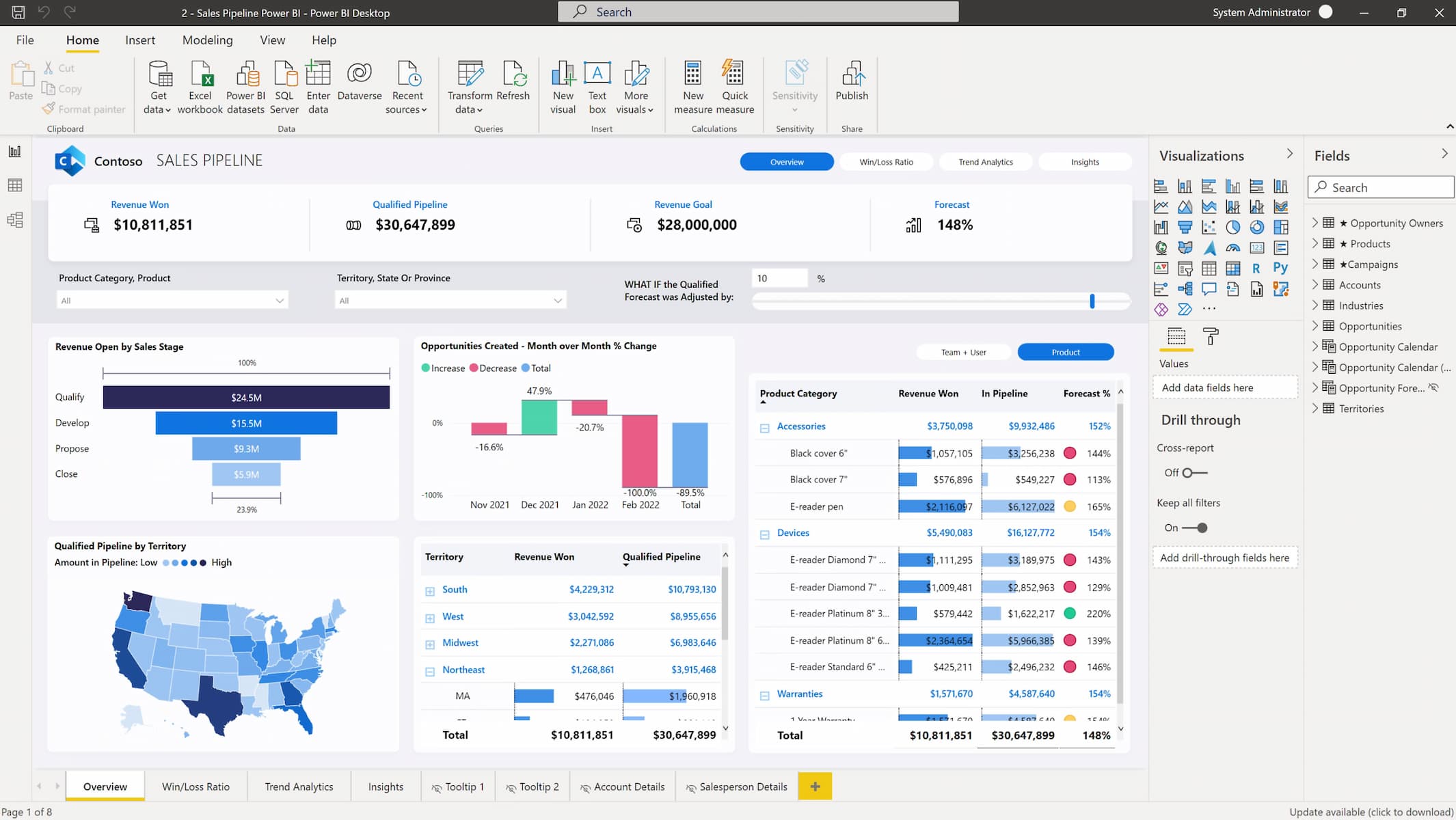by Jeremiah Johnson
Data scientists are master communicators. They speak fluently with people in operations areas and those in information technology departments. They understand technical jargon, business lingo and are information experts. Unlike a jack-of-all-trades, who knows a lot but masters nothing, data scientists know plenty and often are experts in many fields. Most importantly, they find solutions for business problems.
The Core Skills
Data scientists have strong technical skills and excellent people skills. They integrate multiple systems and information sources to find new insights and then find ways to use that information. They also select and develop software to make the most of the information at hand. They often are masters of a variety of technologies, including multiple database platforms, structured and unstructured data, extract-transform-load (ETL) tools, Java, Python and SQL. Their experience and knowledge qualifies them as geeks, but they're geeks with social skills. They use their soft skills to translate information for business users. They also deftly use presentation tools and interact with operations staff members, managers and company executives.
What They Bring To The Table
Data scientists come from various backgrounds. For example, they might have advanced degrees in fields such as economics, computer science and physics. Examples of past job titles might include computer scientist, biostatistician, chief technology officer and university professor. They often are successful in their endeavors because their expertise spans many subject areas. While a strong educational background is essential -- they sometimes hold doctorate degrees -- success in your environment means that they understand the drivers that are important to your business.
What They Do
Big data refers to huge amounts of information from a variety of sources, and data scientists wade through it all. They analyze unstructured data, such as information from application click traffic, Twitter, Facebook and LinkedIn. They also explore information from traditional sources, such as production records, financial reports, human resource performance, and even call center metrics. Big data incorporates information from every format possible, so data scientists also evaluate weblogs, text-messaging and face-to-face communications. The use of mobile technologies and the Internet has opened the information floodgates, and data scientists interpret this gold mind of information.
Bottom Line
Data scientists use data analysis and scientific experiments to guide business decisions. They understand data and your business, and can point your organization to its next best step. They explore information about your company and industry, and develop what-if scenarios for your business. They use analytics to extract and collect data, but they provide more than just analytical reports. Data scientists spot trends and use their business acumen to devise strategies for business success. They apply scientific skills to question and interpret data and combine the results with their business expertise to solve your issues.





Comments
Comments not added yet!